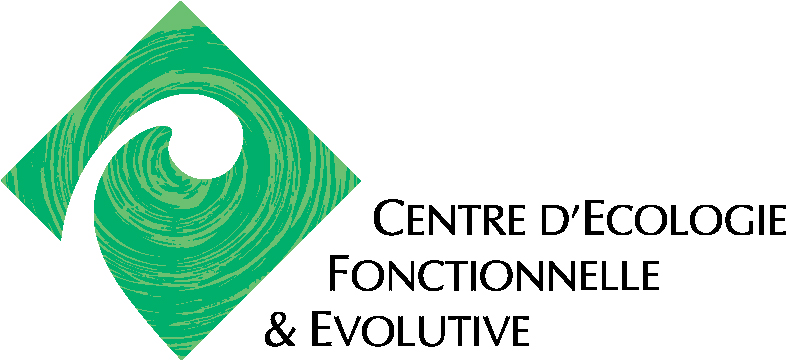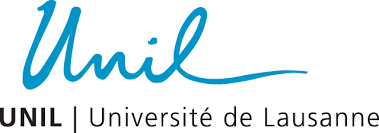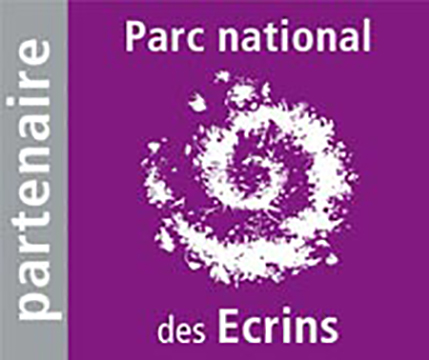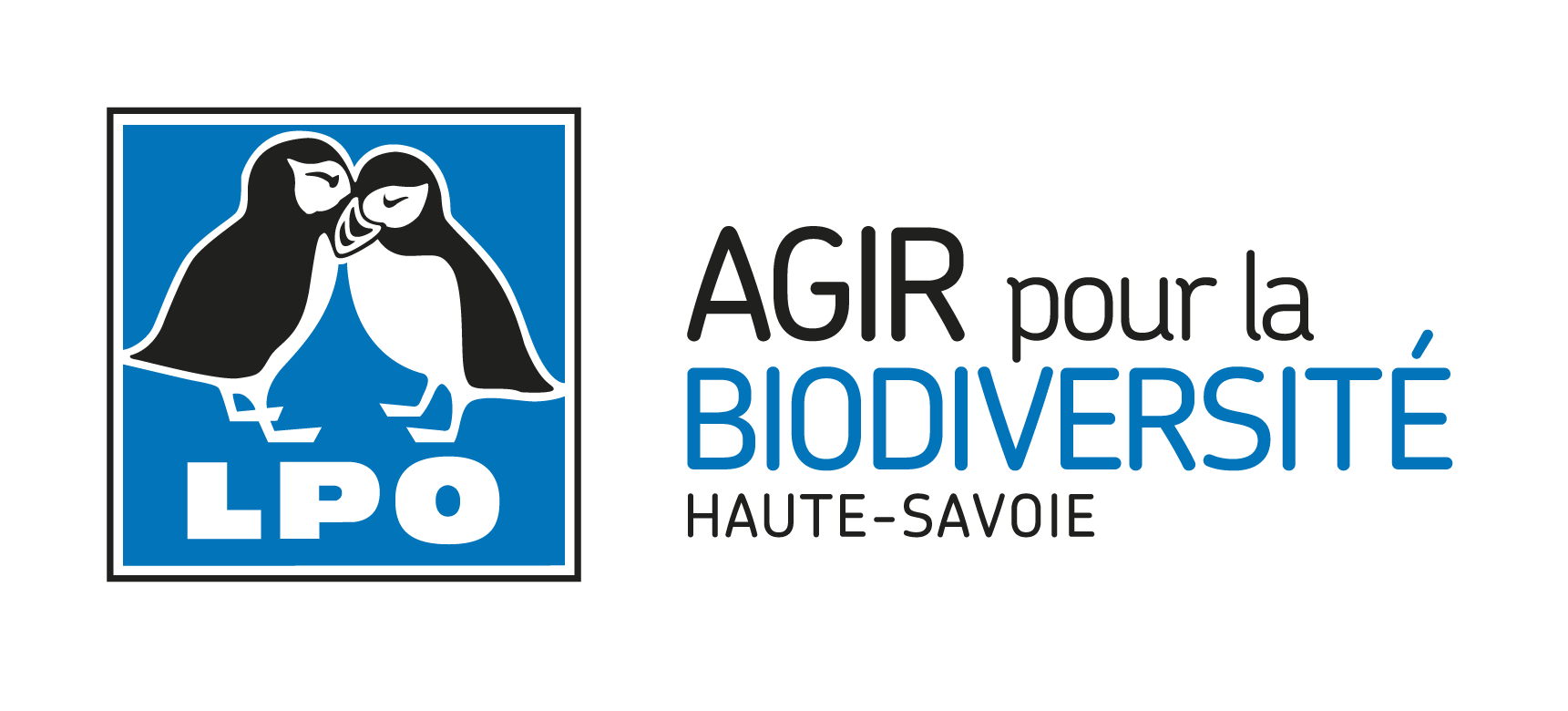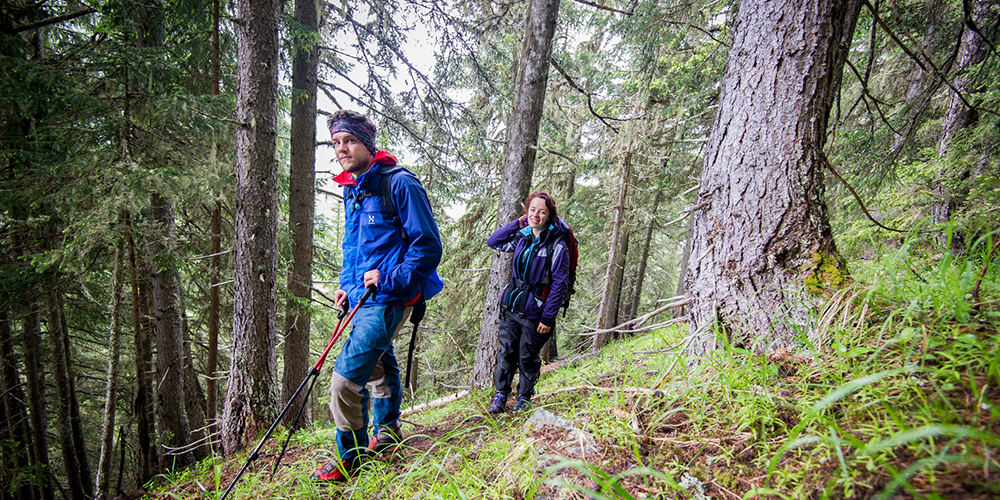
In the field with the Laboratoire d’Ecologie Alpine (LECA CNRS Grenoble) installing new monitoring plots for the ORCHAMPS program © S.Gatti
Research consortia
Zone Atelier Alpes (ZAA)
The CREA Mont-Blanc study zone is a member of Zone Atelier Alpes (ZAA). The goal of ZAA (which certified SOERE by the National Alliance for Environmental Research–AllEnvi) is to bring together interdisciplinary research on the functioning and trajectory of socio-ecosystems in the Alps in the context of socioeconomic and climate change. ZAA contributes to the International Long Term Monitoring (ILTER) network.
SOERE Tempo: French national network for phonological observations
Tempo is a national network of observatories dedicated to the phenology of the animal and plant world (both wild and domesticated). It has received the SOERE certification by the National Alliance for Environmental Research (AllEnvi).
ORCHAMP
Piloted by the Zone Atelier Alpes/French National Center for Scientific Research (ZAA/CNRS), ORCHAMP is a project bringing together many different partners to put in place a system for monitoring environmental evolution in the Alps. ORCHAMP also serves as a tool for communication and exchanges around questions of global change (climate and land-use) and their effect on a local and regional scale.
Academic Laboratories
Le Laboratoire d’écologie alpine (LECA/CNRS Grenoble et Chambéry)
Research collaborations, species distribution mapping, and climate modeling.
Center for Functional and Evolutionary Ecology (CEFE-CNRS, Montpellier)
CREA Mont-Blanc and CEFE maintain long-term research collaborations: analysis of scientific data, building and exchanging of scientific protocols. CEFE also acts as co-supervisor to CREA Mont-Blanc team member, Daphne Asse (http://creamontblanc.org/en/daphne-asse) for her PhD analyzing Phenoclim’s citizen science data.
Swiss Federal Institute of Forest, Snow and Landscape Research (WSL)
Department of Ecology and Evolution (DEE), Université de Lausanne
DEE is a co-supervisor to CREA Mont-Blanc team member, Daphne Asse for her PhD analyzing Phenoclim’s citizen science data.
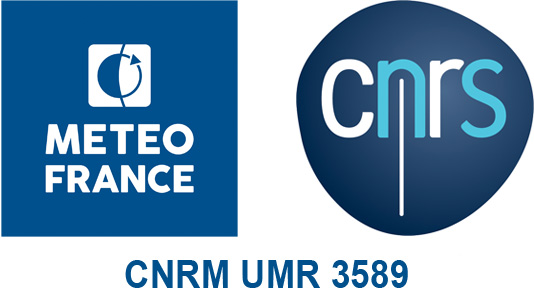
Météo-France - CNRS, CNRM / CEN
Météo France provides CREA Mont-Blanc researches with access to SAFRAN and CROCUS climate data for use in many of our programs and analyses.
Institutions
Aosta Valley Regional Environmental Protection Agency (ARPA)
CREA Mont-Blanc enjoys a strong long-term partnership with the Aosta Valley Regional Environmental Protection Agency (ARPA) in Italy. Their collaboration has extended to many projects, most notably the EU Alcotra PhenoAlps and ePheno phenology projects, and more recently, TourScience.
Natural Protected Areas
Le Parc national des Écrins
The Ecrins National Park has been a key partner for CREA Mont-Blanc, not only for European Union projects, but also thanks to their digital expertise. The Park’s emphasis on innovation led them to develop Géonature, a data collection system adapted to CREA Mont-Blanc’s protocols in the Mont Blanc massif. Also very active in the Phenoclim participative science program, they have developed a smartphone application for entering Phenoclim data.
Many other protected areas also participate in CREA Mont-Blanc’s participatory science programs :
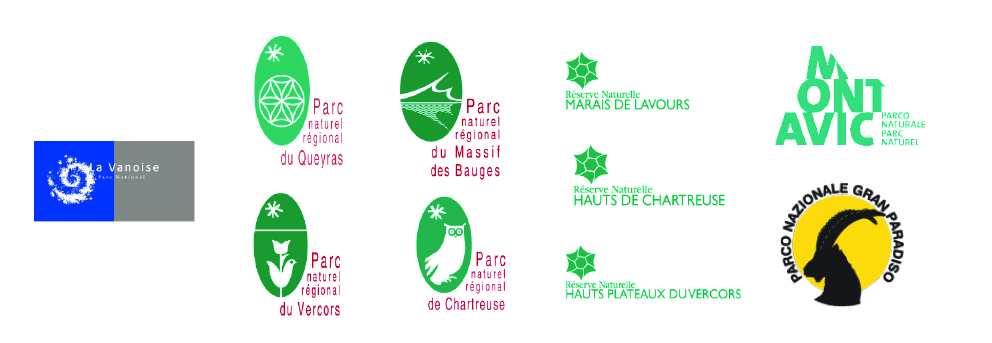
NGOs
La Ligue de Protection de Oiseaux (LPO) de Haute Savoie
CREA Mont-Blanc and the Haute Savoie chapter of LPO (league for the protection of birds) frequently exchange naturalist data in order to improve their research and understanding of local bird populations.




